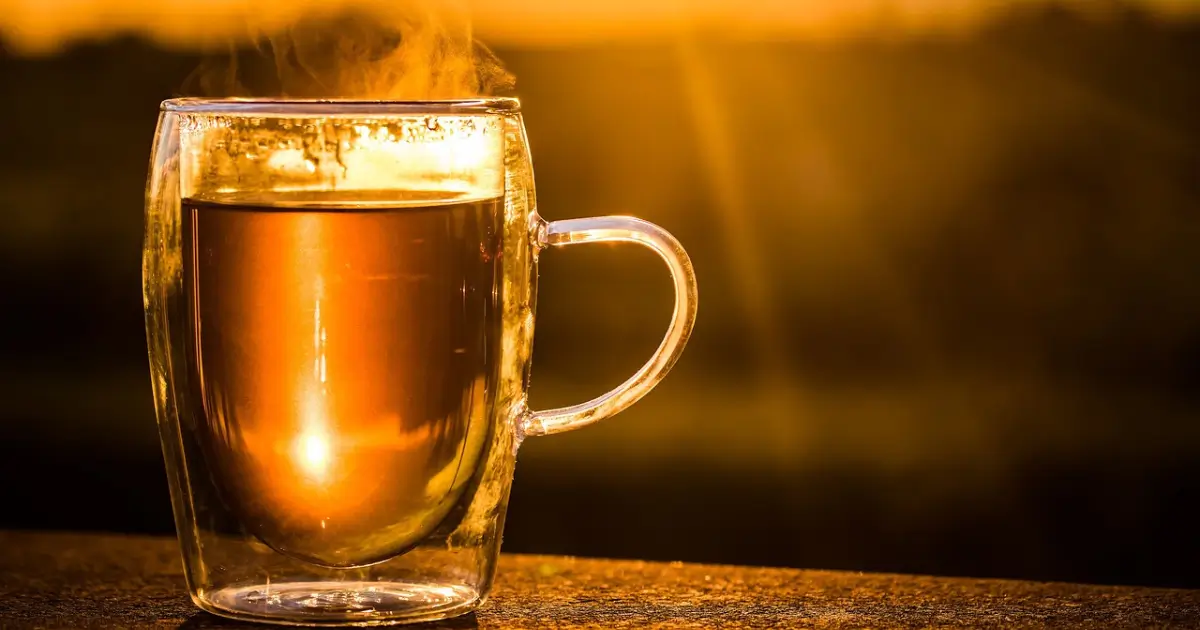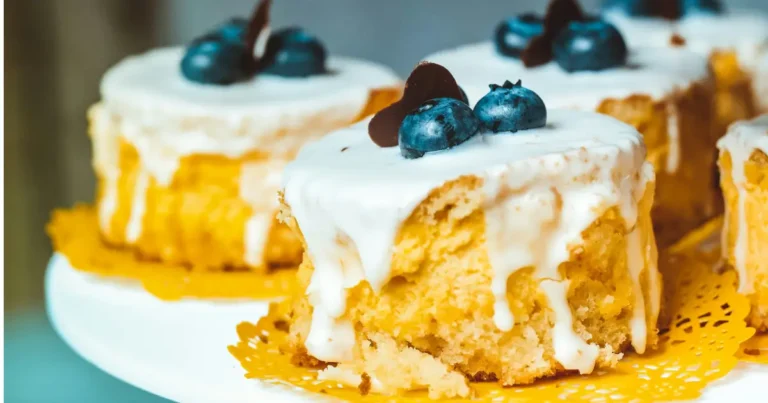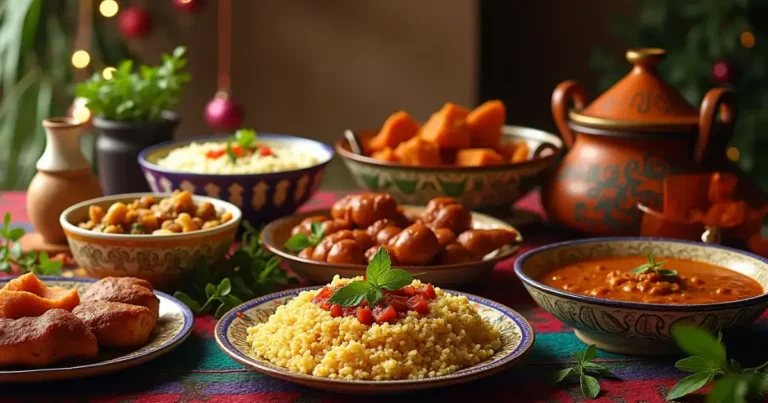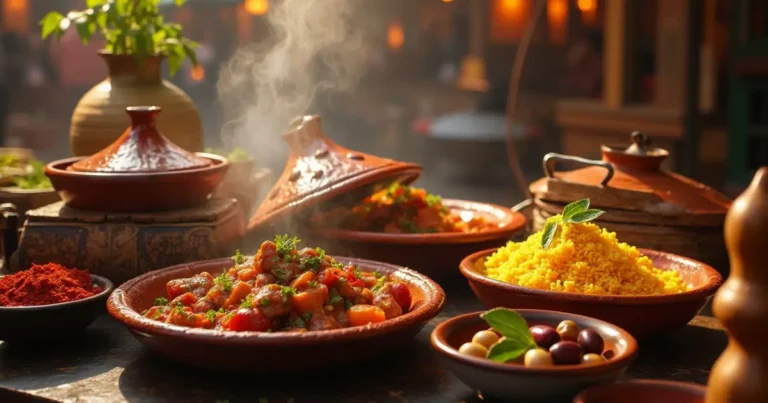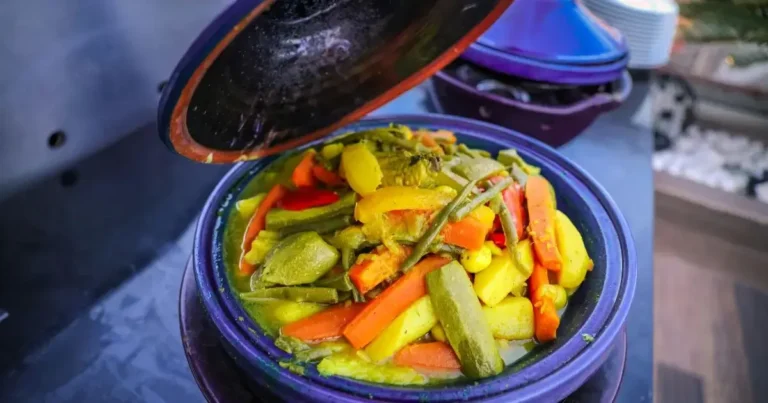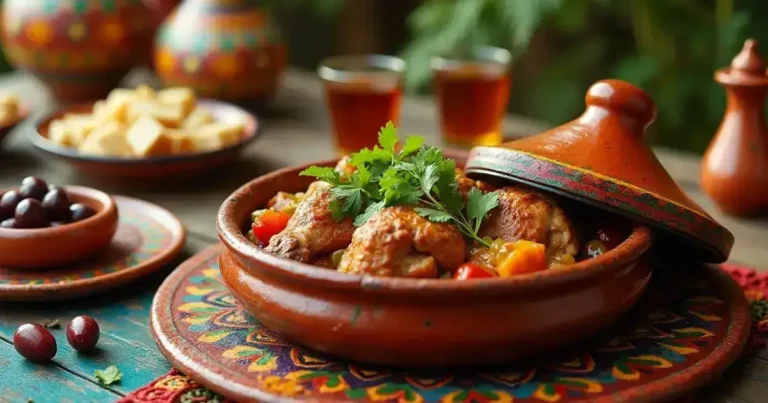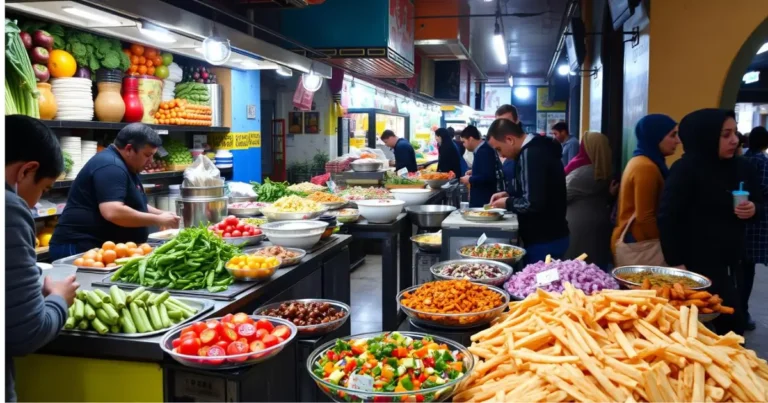Typical Moroccan drinks: Traditional Beverages That Tell Stories
Table of Contents
Moroccan drinks culture is as diverse as its landscapes, from the snow-capped Atlas Mountains to the sun-drenched Sahara Desert. Every sip tells a story of cultural fusion, where Arab, Berber, and French influences have melded over centuries to create unique drinking traditions. These beverages aren’t just refreshments – they’re windows into Morocco’s soul, each carrying centuries of history and tradition.
The Art of Moroccan Tea: More Than Just a Drink
Mint Tea (Atay): The Crown Jewel of Moroccan Hospitality No discussion of Moroccan beverages can begin without paying homage to mint tea, locally known as “atay.” This isn’t just a drink; it’s a social institution and the backbone of Moroccan hospitality. The preparation is an art form, traditionally performed by skilled tea preparers called “mrechichines” who have perfected the elaborate pouring technique.
The ritual begins with Chinese gunpowder green tea, fresh mint leaves, and sugar. The tea is poured from a significant height, creating a distinctive foam crown that marks properly prepared tea. This pouring technique isn’t merely theatrical – it serves to aerate the tea, enhancing its flavor and cooling it to the perfect drinking temperature.
What makes Moroccan mint tea unique is its role in social interactions. Whether you’re entering a shop, visiting someone’s home, or closing a business deal, tea will invariably make an appearance. Refusing it is considered impolite, as accepting tea is accepting friendship.
Shiba Tea:
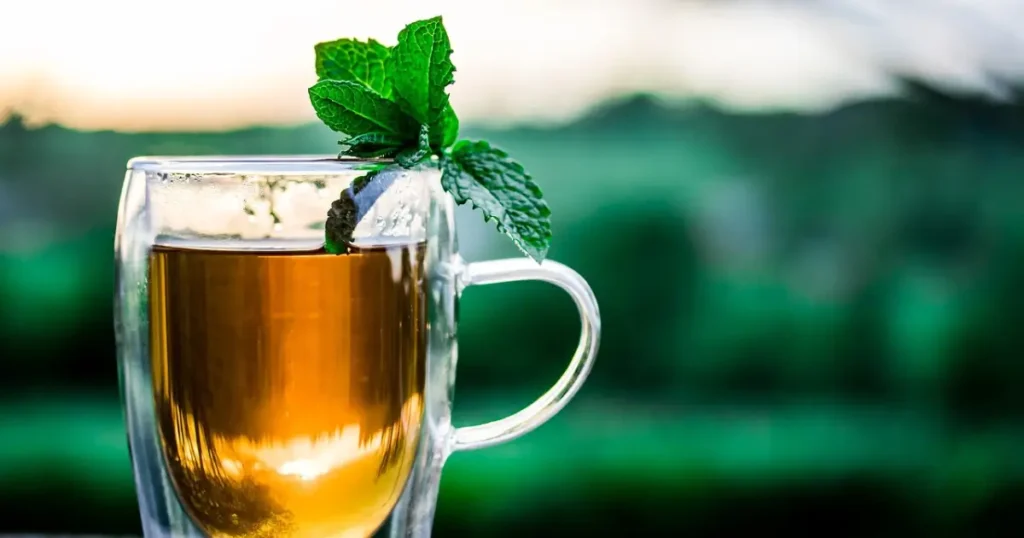
The Healing Brew While mint tea might be Morocco’s most famous beverage, shiba (ginger tea) holds its own special place in Moroccan culture. This warming brew combines fresh ginger with other aromatic spices, creating a potent elixir known for its digestive properties. Moroccans often turn to shiba after heavy meals or when feeling under the weather.
The preparation typically involves fresh ginger root, cinnamon, and sometimes cardamom, creating a spicy, aromatic infusion that warms both body and soul. Its popularity spans all seasons, though it’s particularly appreciated during winter months when its warming properties are most welcome.
Freshly Squeezed Delights
Orange Juice: Liquid Sunshine Morocco’s reputation for producing some of the world’s finest oranges is well-deserved, and nowhere is this more evident than in its fresh orange juice. In every city, from Tetouan to Marrakech, street vendors squeeze oranges to order, creating a refreshing drink that captures the essence of Morocco’s abundant citrus orchards.
The oranges used are typically Valencia or Navel varieties, grown in the fertile regions around Agadir and the Atlas Mountains. The juice is served immediately after pressing, often with a splash of flower water for an additional layer of complexity.
Moroccan Coffee Culture
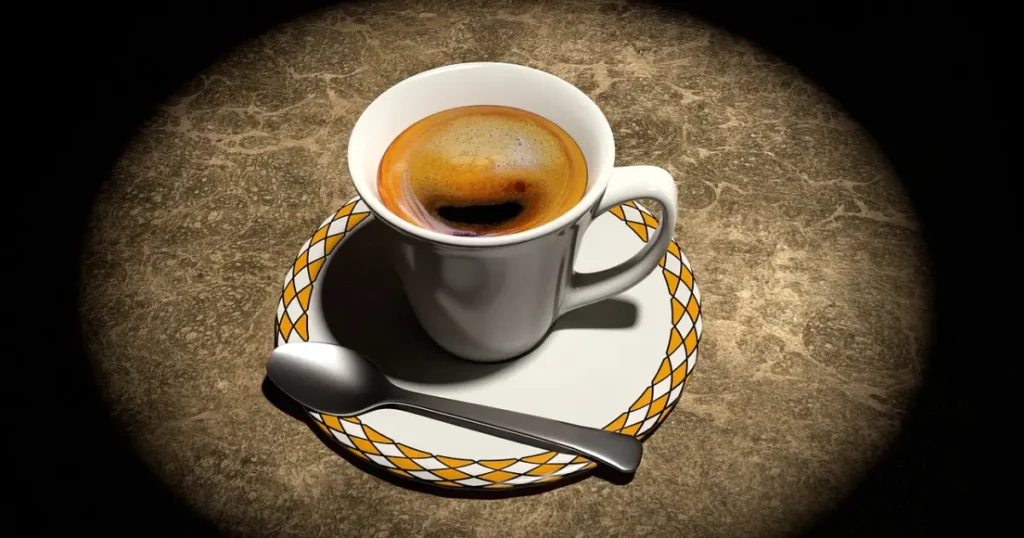
Coffee in Morocco tells its own unique story, distinct from both European and Middle Eastern traditions. Moroccan coffee is typically strong and served in small cups, often accompanied by dates or traditional Arab sweets. The preparation method varies by region, but the most common style is similar to Turkish coffee, with finely ground beans boiled in a brass pot.
Arabic coffee, a variant served after meals, is distinguished by its addition of spices, particularly cardamom. This aromatic addition transforms the coffee into a digestif, perfect for concluding heavy meals. The spicing can vary by region and family tradition, with some adding cloves or cinnamon to their unique blends.
Refreshing Traditional Beverages
Sharbat:
Summer’s Perfect Companion When summer temperatures soar, Moroccans turn to sharbat, a refreshing drink made from fruit syrups diluted with water or milk. Common variations include almond, rose, and orange blossom. The drink’s popularity peaks during Ramadan, when it’s often served at iftar (breaking of the fast) for its revitalizing properties.
Amlou:
Berber Liquid Gold A Berber specialty, amlou is more than just a beverage – it’s a nutritional powerhouse. Made from ground almonds, argan oil, and honey, this thick, creamy drink serves as both sustenance and energy booster. Traditionally consumed at breakfast, amlou represents the ingenuity of Berber cuisine in creating nutrient-rich foods from local ingredients.
Atay Warda:
The Romance of Rose Tea Rose tea (Atay Warda) captures the delicate essence of Morocco’s abundant rose gardens. This fragrant beverage is particularly popular during Ramadan, when its subtle floral notes and gentle caffeine content provide perfect refreshment. The preparation often involves dried rose buds combined with green tea leaves, creating a beautiful pink-hued infusion.
Jus de Bissap:
The Ruby Red Refresher Hibiscus water, known locally as jus de bissap, stands out with its striking ruby red color and unique sweet-tart flavor profile. This non-alcoholic beverage has gained popularity as a summer refresher, often served over ice with a hint of mint. Its natural cooling properties make it a favorite during hot afternoons.
Where to Experience These Beverages in Tetouan
Local Cafés Tetouan’s café culture provides the perfect setting to sample traditional Moroccan beverages. Café Al Mandarina, with its terrace overlooking the medina, offers an authentic tea service complete with traditional pouring ceremony. Café Avenida provides a more modern setting while maintaining traditional beverage preparation methods, and the historic Café Hafa offers stunning views along with perfectly prepared mint tea.
Souks and Markets The bustling souks of Tetouan are excellent places to sample fresh fruit juices and hibiscus drinks. Vendors compete for attention with their colorful displays of fruits and creative juice combinations. The experience of selecting your fruits and watching them being transformed into refreshing beverages adds to the authenticity of the experience.
Traditional Restaurants Establishments like Al Hambra Restaurant and Mansour Eddahbi Restaurant offer complete beverage menus featuring traditional Moroccan drinks. These restaurants often pair specific beverages with their dishes, creating harmonious dining experiences that highlight the best of Moroccan culinary traditions.
Tea Houses For an immersive tea experience, visit specialized tea houses like Tetería Al Minzah or Tetería Al Makhzen. These establishments focus exclusively on tea preparation and service, offering various types of traditional teas in authentic settings.
Travel Tips for Beverage Enthusiasts
Exploring Tetouan’s beverage culture requires both adventure and respect for local customs. While wandering the medina, keep an eye out for small, family-run establishments that might not appear in guidebooks – these often offer the most authentic experiences.
For those seeking a guided experience, consider booking an excursion with Visitanddo.com, which includes transportation from Malaga, expert guides, and a traditional Moroccan lunch complete with a selection of local beverages. These tours provide valuable cultural context while ensuring you sample the best of what Tetouan has to offer.
Remember to embrace the local custom of taking time to enjoy your beverages – rushing through a tea service or coffee break goes against the grain of Moroccan culture. Each drink is an opportunity to pause, reflect, and connect with both the rich traditions of Morocco and the people around you.

